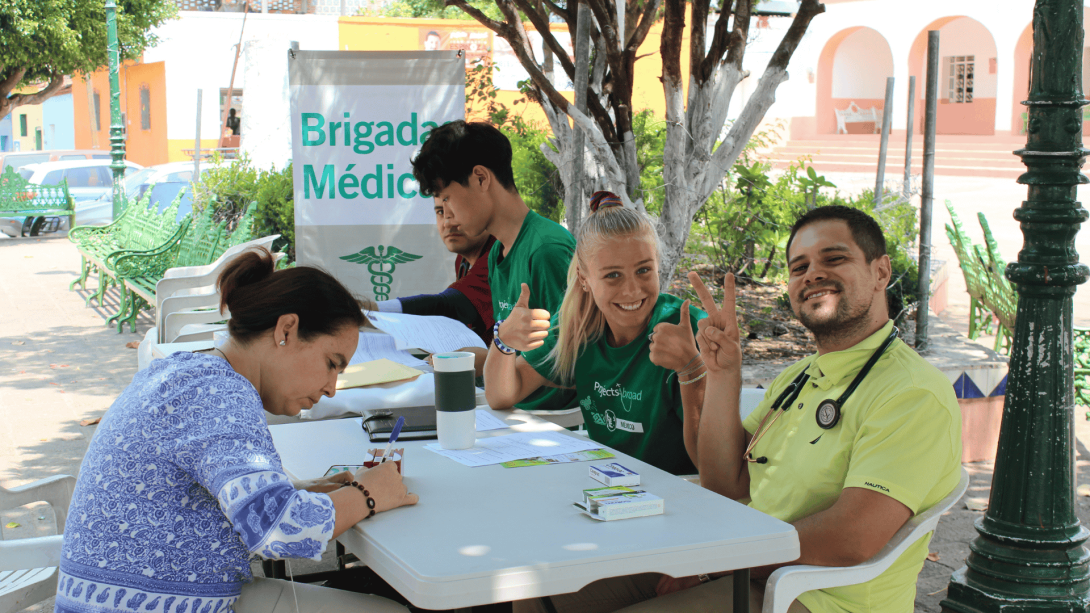If you’re thinking about studying medicine at university, you will likely need to sit the UCAT depending on where you want to apply. But what is it, why is it important, and how can you better prepare for it and your time at university?
You might know the answers to some of these questions already. That’s a great start, but keep reading for a detailed guide to the UCAT and how you can give your university applications the edge they need.
What is the UCAT?
The UCAT, previously known as the UKCAT, is a standardised, computer-based admissions test used by a consortium of more than 40 universities in the UK. It is also used by some partner universities in countries like Australia, New Zealand, and Singapore.
Standing for the ‘University Clinical Aptitude Test,’ it is a medical exam that you must sit before sending out your university applications. Around 35,000 students take the test every year.
Why do a UCAT test?
The universities you apply to will compare your results from the UCAT exam alongside your grades, work experience, and personal statement.
Different universities use these results in different ways during the selection process, and you should use your result to help inform your university applications. For example, some universities will have a minimum score candidates need to achieve in order to be accepted.
By checking these ahead of time, you can avoid wasting time on certain applications or give yourself an edge over other applicants.
Which universities require UCAT?
The full list of universities that require applicants to sit the UCAT can be found on the UCAT website.
What is on the UCAT?
In total, the exam is two hours long and split across four subtests:
- Verbal reasoning - measuring how well you can understand written information
- Decision making - testing your ability to make smart decisions using complex information
- Quantitative reasoning - checking how well you can understand numerical data
- Situational judgement - assessing your ability to understand and react to real-world situations
At the end of the test, you will receive a UCAT total score and individual scores for each section.

How should I prepare for the UCAT?
In the run up to your test, you should use the free preparation resources available on the UCAT website. These include official tutorials, question banks, and UCAT practice tests to help you prepare for the real thing.
Starting these early enough will give you a significant advantage when it is time to sit the exam and help you know what to expect.
When do I sit the UCAT exam?
You will sit your UCAT test in the academic year before you apply for university, at the end of your first year in college or sixth form. You will do this at the nearest Pearson VUE test centre.
You can usually create your online UCAT account around mid-May and book your test in mid-June. The last test day is normally around the end of September.
The UCAS deadline for medical courses is normally in October.
How much does the UCAT cost?
When you book your UCAT in the UK, you will need to pay a fee of £70. This rises to £115 if taken outside of the UK.
Once you’ve booked, you’ll receive a confirmation email with all the important details about your appointment.
How long is the UCAT?
The test is around two hours long in total. Below is a breakdown of how the time is allotted for each subtest, including how this changes for candidates eligible for 25% extra time.

What happens on test day?
Attending on the day means that you are declaring yourself fit to test. According to guidance on the UCAT website, you should not sit the test if you think anything might negatively affect your performance on the day. This includes falling ill, losing a family member, or a flare-up of an existing medical condition.
You must arrive 15 minutes before your appointment to complete a check-in process. This will include checking your photo ID, reading the rules of the test, storing your belongings, and a security check.
You’ll then be taken to the test room where you will be under exam conditions, with up to 15 other candidates. When finished, you’ll get your results right away. These will be available online within 24 hours.

How useful is medical work experience abroad for UCAT?
Medical work experience is a crucial part of any application to study medicine at university. This is because it will expose you to the topics and work you’ll be expected to do in your degree and career.
Doing this work abroad will also expose you to diseases, healthcare systems, and medical practices you won’t get the chance to experience at home. This gives you a unique angle and a clear way to stand out in your personal statement and any interviews.
We’ve written a separate blog on why this is important, but this experience could also help you on your UCAT exam. More specifically, it will help you with the decision making and situational judgement sections of your test.
Medical volunteering isn’t just about the professional skills and knowledge you’ll develop. It’s also about growing your confidence, adaptability, decision making, communication, resilience, and much more.
All of these could help provide relevant and accurate answers in your UCAT exam and subsequent personal statement. It also demonstrates your commitment to learning about medicine and healthcare and improving health outcomes.
In a recent survey, we found that 96% of medical participants with Projects Abroad said their internships enhanced their experience of studying medicine and healthcare. Eighty-nine percent believed their Medical Internship gave them experience they could not have found at home.
Looking to find out more about medical volunteering abroad? View our full list of medical Teen Programmes or sign up to our newsletter for more articles like this.
Sign up to our newsletter
Our accreditations

















